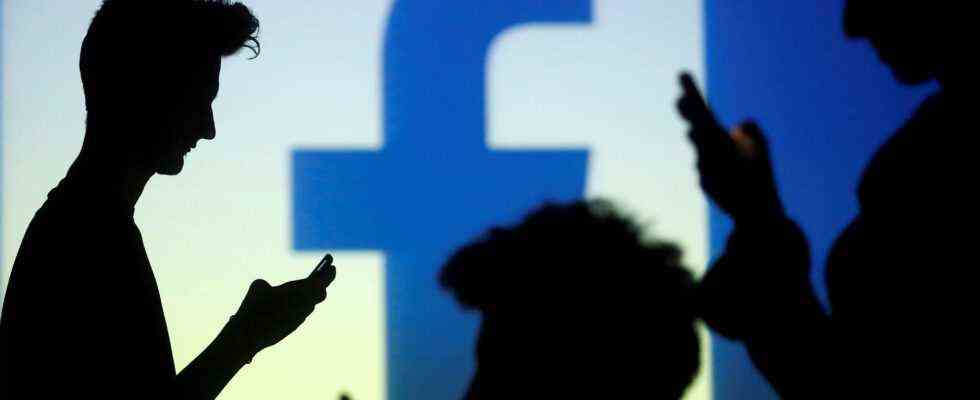fact finder
Status: 16.09.2021 3:30 p.m.
The service provider Ströer no longer wants to offer political advertising. This could make Facebook even more important for parties. They are already investing hundreds of thousands of euros in advertisements there, including very questionable content.
The advertising marketer Ströer no longer wants to accept orders for party-political advertising. The listed company announced on Wednesday in Cologne. The background is negative experiences in the current federal election campaign.
At the request of the dpa news agency, a company spokesman said that the company had been perceived as a supporter of the content presented in the advertising. This affects different party political directions. The company referred to advertising that refers to a political party and its content – regardless of whether the advertising is for or against the party as party-political advertising.
Campaign against the Greens
A poster campaign against the Greens, commissioned by a Hamburg agency, made headlines. How the agency could raise the money for it remained unclear. Industry experts estimated the cost at several hundred thousand euros.
Ströer will still fulfill the current orders and not hang up any advertising that has already been attached. However, no new orders will be accepted before the general election.
Raised almost 55 million euros
Facebook, which also offers political ads, however, wants to continue to adhere to the model, as a spokesman at the request of tagesschau.de said. From the Facebook advertising report shows that the company in Germany has raised almost 55 million euros since April 2019 through election advertising or advertising on politically or socially relevant topics.
In the database, it is possible to differentiate how much money individual organizations and parties have spent on advertising on the platform. In the past 90 days, the CDU alone has invested just under 420,000 euros in campaign advertising on Facebook, the Greens more than 280,000 euros, the FDP more than 250,000, the AfD a good 143,000 euros, the SPD 75,000 euros and the Left parliamentary group just under 69,000 euros . In addition, there are issues from numerous divisions and associations of the parties.
Search keywords
To search the ads for keywords, offers Facebook does have an interface but you need to register as a developer. With a new online offer – provided from a scientific project – Can be shown for everyone without registration, which keywords appear in advertised ads on Facebook and Instagram. The Greens particularly often mention the term “climate” (9536 out of 40,145 reports) – with the AfD there are only 254 out of 5062 hits.
It is the other way around with the term “Corona”: In relation to the total number of advertisements, it is used most often by the AfD – and least often by the Greens.
Advertisement for conspiracy legend
AfD sites advertise articles in which, for example, an “artificially induced or talked about ‘corona pandemic'” is written, which is used to achieve a “Great Reset” – including the abolition of nation states and “mixing of peoples and cultures “. Furthermore, all people should be vaccinated and at some point “color codes (crystals in the nano range)” should be brought into the body in order to be able to totally monitor humanity. In short: it is a classic conspiracy legend.
The AfD also advertises posts on the subject of vaccination most frequently based on the total number of advertisements it has on Facebook. It is often about risks and deaths – or about alleged “propaganda claims” about almost complete protection, which are supposedly refuted.
Terms such as dictatorship and state radio can also be found in AfD posts that Facebook advertises for money. The AfD writes, among other things, of an alleged ecological, health and migration dictatorship, with the term “state radio” it obviously wants to discredit public broadcasting.
When asked about these ads, a Facebook spokesman said they wanted to check the ads.
Again and again criticism of Facebook
Facebook is repeatedly criticized internationally because disinformation is spread via the platform. Before the US election in 2016, for example, Russian clients tried to fuel conflicts through advertisements and fake groups.
Before the US election at the end of 2020, Facebook had suspended political advertising. The reason was the wave of disinformation about alleged electoral fraud.
In 2019, the British Parliament accused the online giant of deliberate violations of data protection and competition law, a lack of respect for Parliament and hesitant action against fake news.
Earlier this year had a research from tagesschau.de showed how Facebook earns money with ads denying the corona pandemic and comparing measures against the pandemic with Nazi terror. Upon request, the company referred to tightened action against such content.

